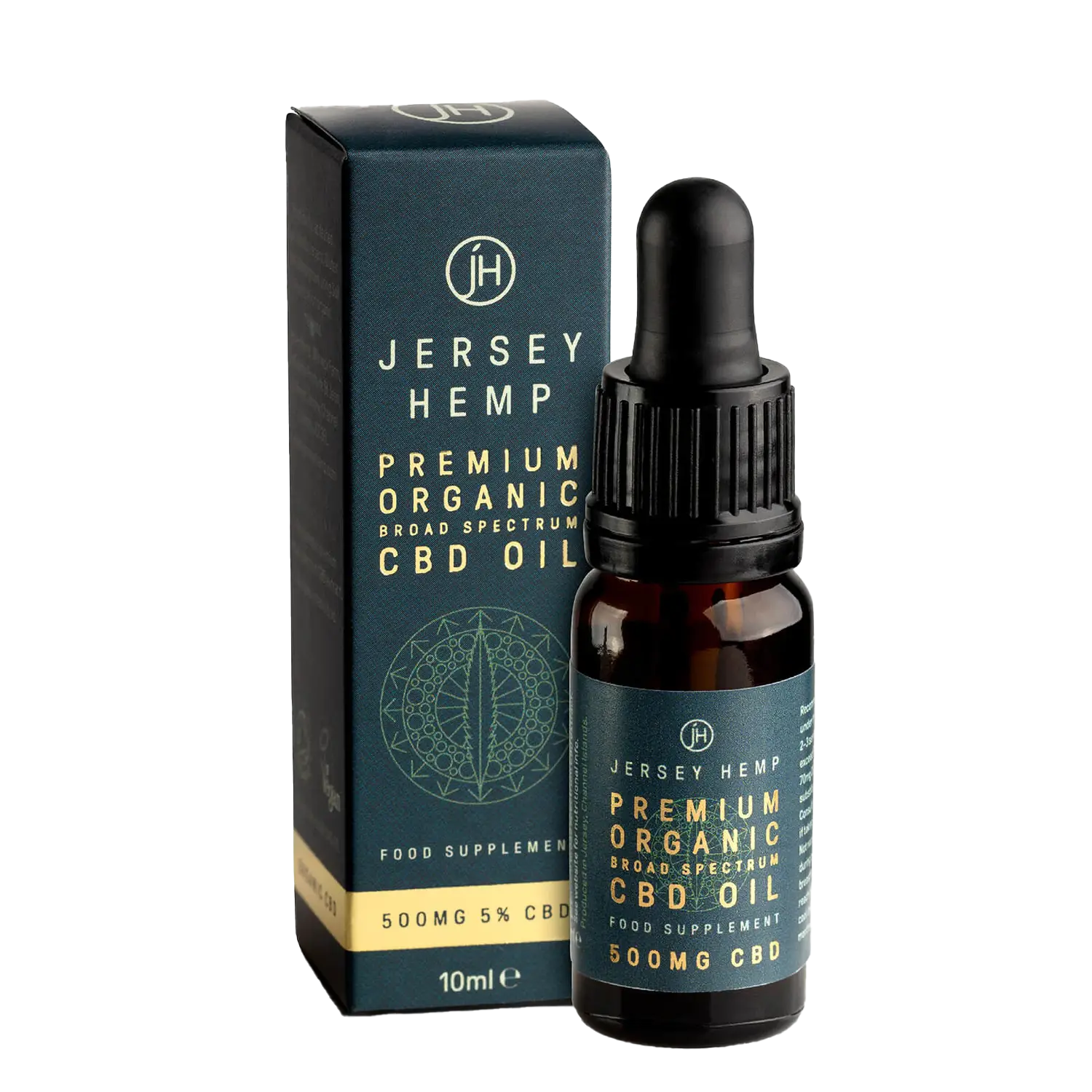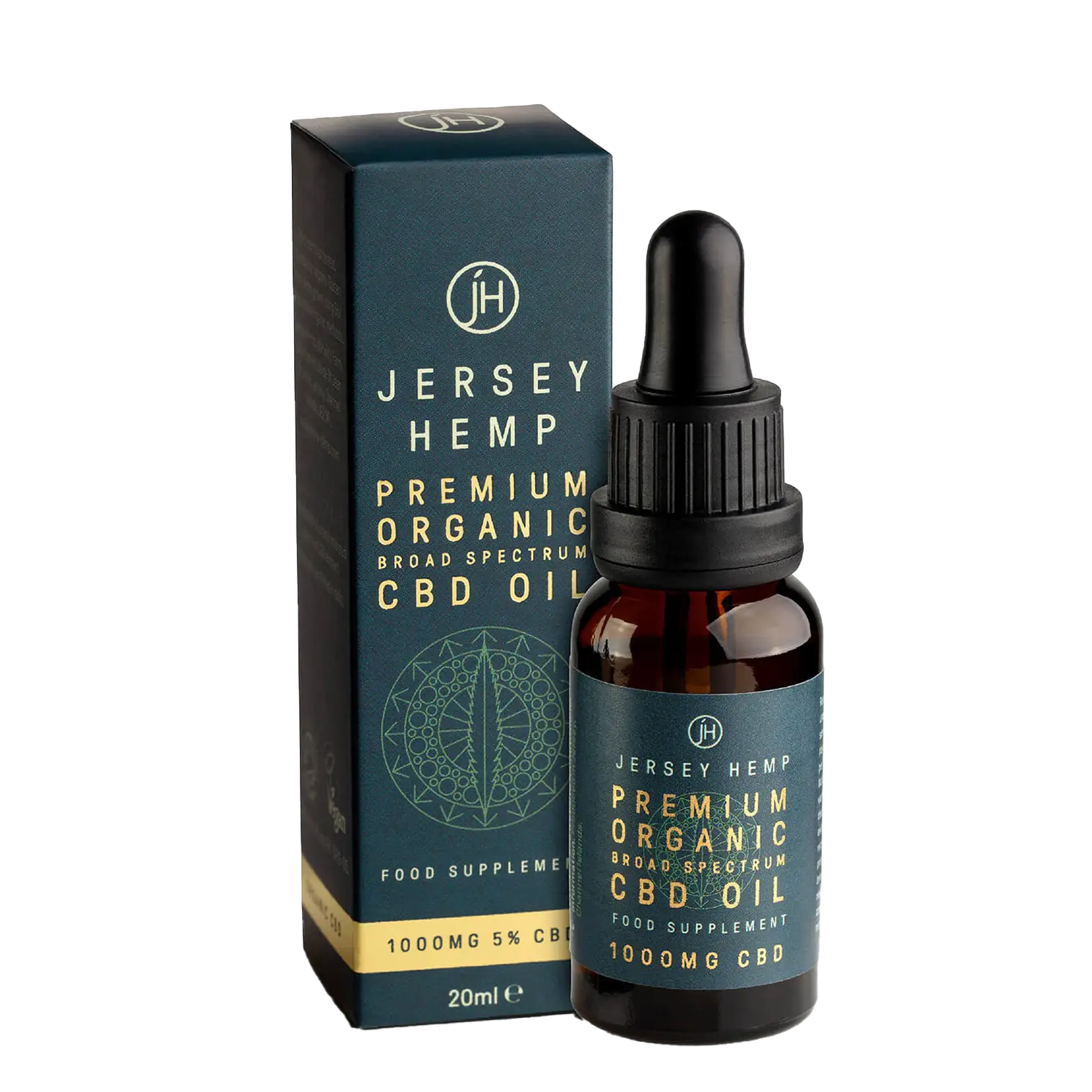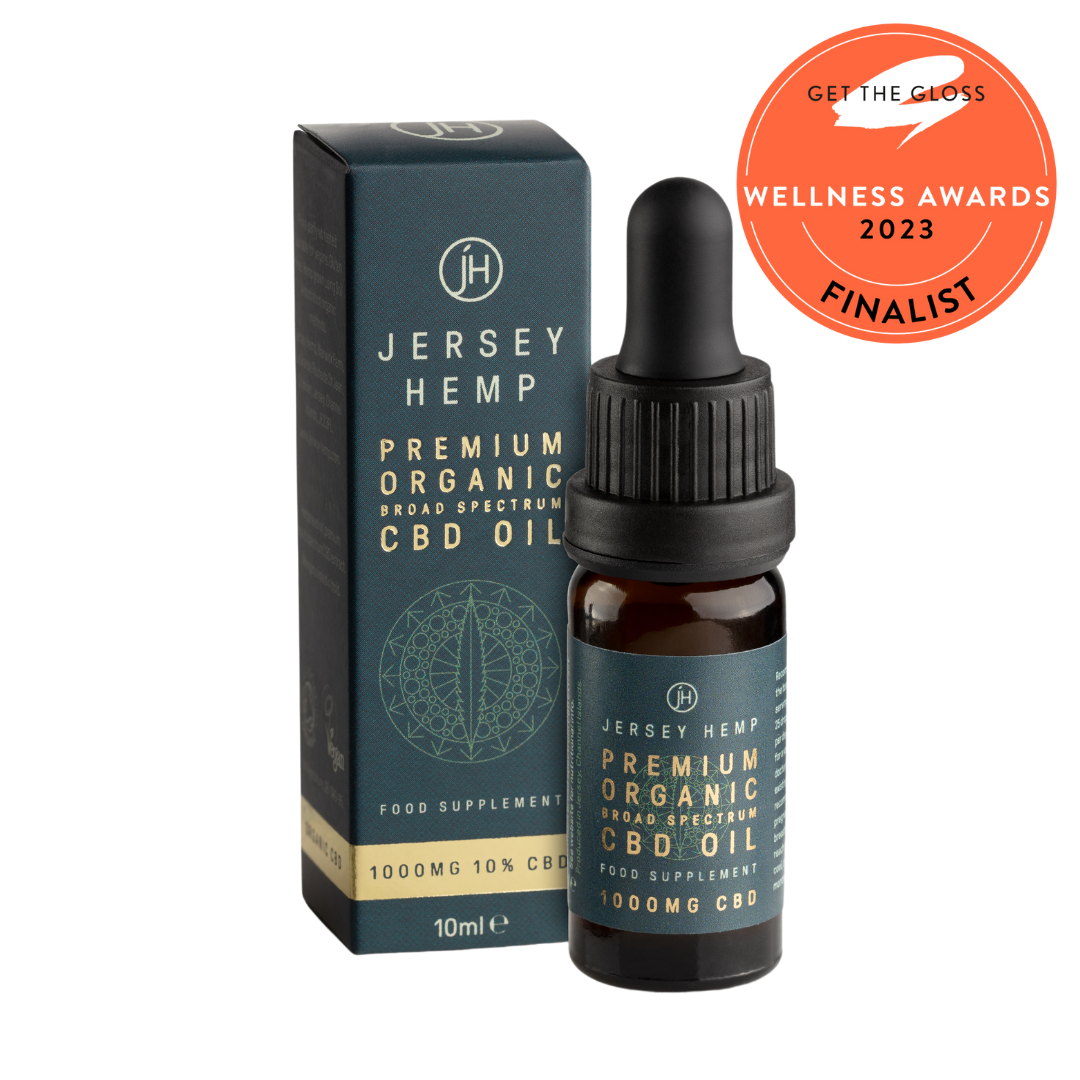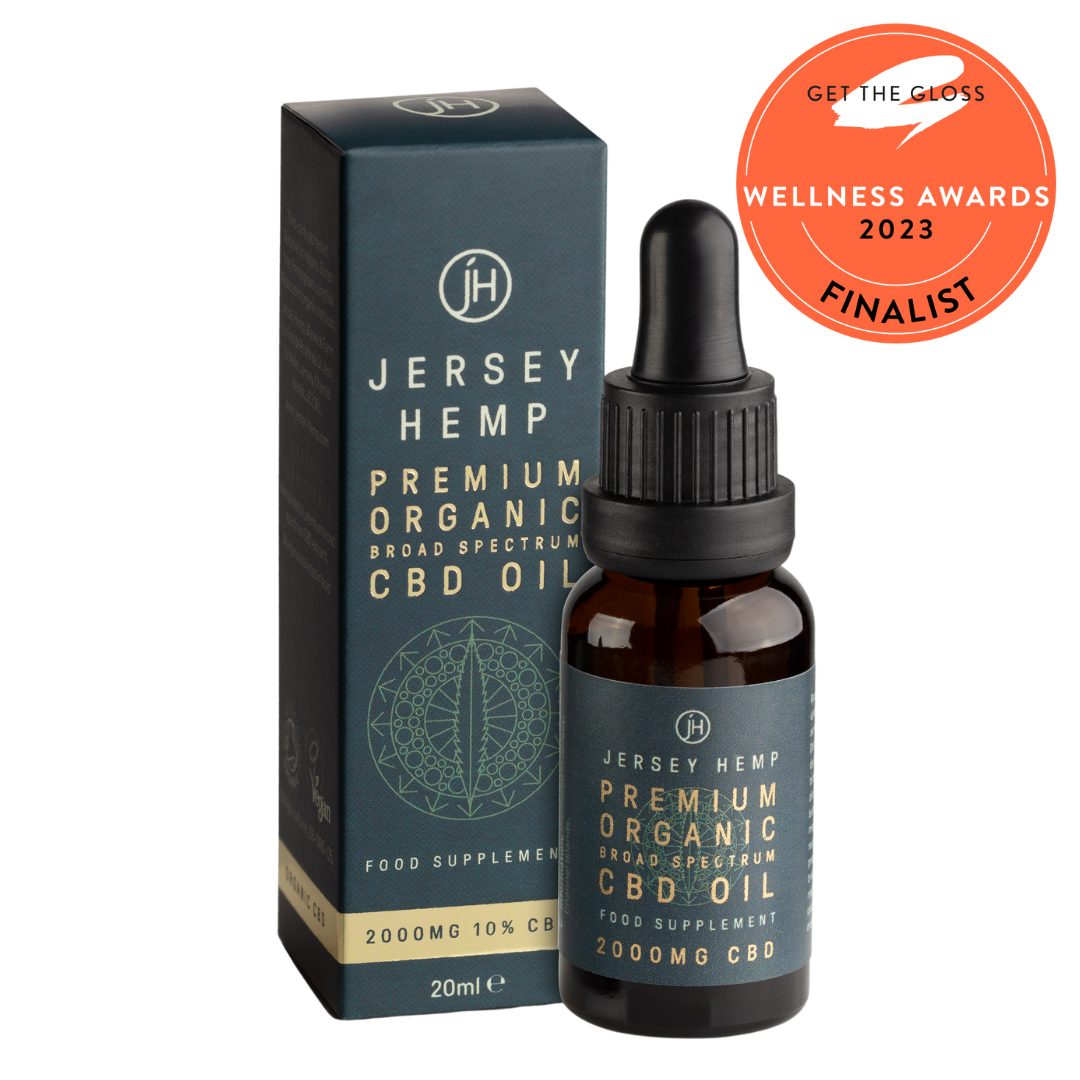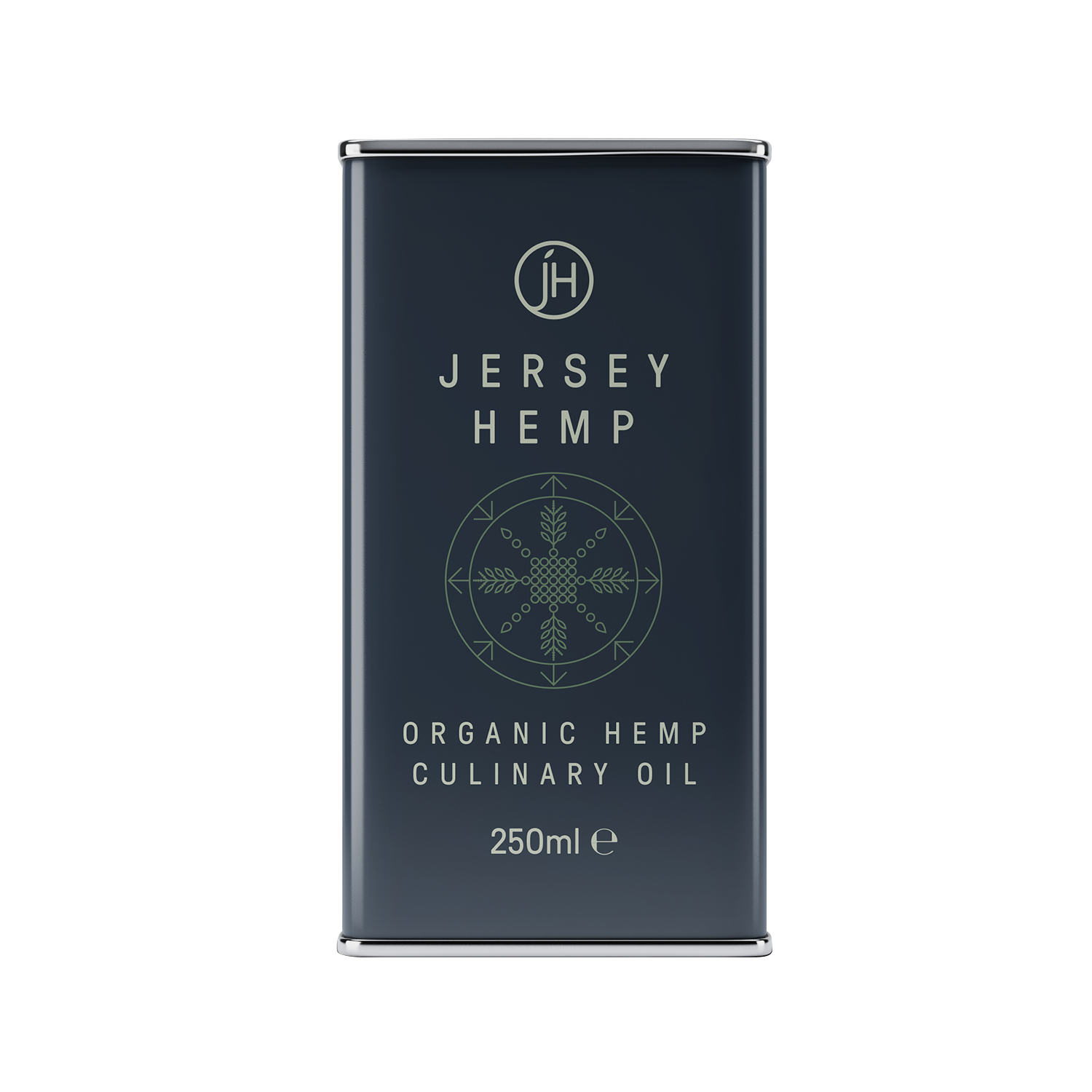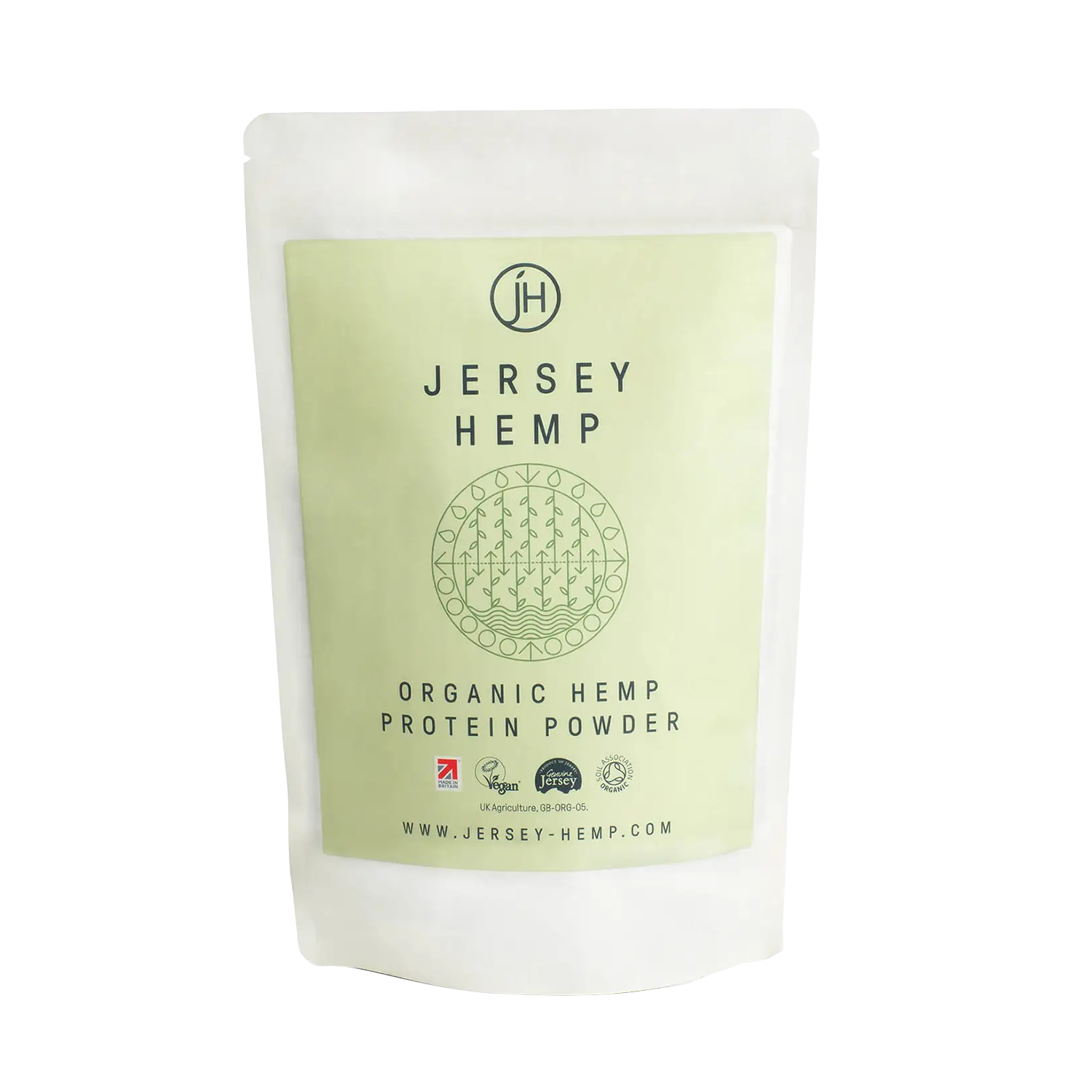Does CBD oil show up on a uk drug test?
CBD or cannabidiol is one of a range of compounds known as cannabinoids found in hemp and cannabis plants. It’s popular as a natural wellness remedy sold in a variety of products, including vaping liquids, edible gummies, capsules, creams and particularly in bottled oils taken orally or added to food and drink.
In isolation, CBD is legal in the UK – and it doesn’t produce the ‘high’ associated with the most common cannabinoid, THC. While taking CBD is generally unlikely to lead to a positive result in a drug test, there are some specific circumstances where it is possible.
Types of Drug Tests and How They Work
Drug tests work by checking for the metabolites of drugs, rather than the drugs themselves. Metabolites are the waste products excreted after the drugs have been processed by the body.
When it comes to testing for the metabolites of cannabis, urine, saliva and hair tests are the most commonly used.
If you are asked to take a drug test, it may initially be an instant test which can produce a result within minutes. If you get a non-negative result, this could then be followed up by a laboratory test. The results of instant urine and saliva tests are not admissible in court but laboratory tests are, as are hair tests.
Urine and saliva drug tests
- Instant tests give on-the-spot results
- Urine laboratory test results in 1-2 days
- Saliva laboratory test results in 2-3 days
- Laboratory tests are court admissible
Hair drug tests
- Results take around 3 days
- Court admissible
How Long Can Drugs be Detected in Your System?
The length of time after drug use that tests can detect the presence of metabolites depends on a number of factors including the type of test.
Instant urine and saliva drug tests
For instant tests, factors that can influence detection time include the specific drug being tested for, the subject’s body weight, hydration levels and how long ago the drug was taken. In urine tests, the acidity of the urine can also be relevant.
Bearing in mind potential fluctuations due to these factors, in instant urine tests the detection time is generally around three to five days after the drug was take while for instant saliva tests it is up to two days.
Laboratory urine and saliva tests for cannabis
When it comes to laboratory tests for the metabolites of cannabis, the length of possible detection can vary hugely depending on how often the subject uses cannabis. A one-off use may be detectable for as little as three days afterwards, while daily use can be detected for 10-15 days and heavy cannabis use for more than 30 days.
Hair drug tests
Testing for drugs in a length of hair is usually required to prove abstinence in legal settings.
It takes around seven to ten days after use before a drug makes its way into the hair.
Certain drugs like cannabis can then potentially be detectable for up to 12 months – but this depends on the length of the hair available. As a guide, 1cm of head hair shows approximately one month of use. If hair from the head is not available, body hair can be used instead. The amount of drug residue in body hair covers a longer period, closer to two to three months per 1cm of hair.
- Takes 7-10 days to reach the hair
- Detectable for up to 12 months
- 1cm head hair shows 1 month of use
- 1cm body hair shows 2-3 months of use
Does CBD Show up on Drug Tests??
Urine, saliva and hair tests can be used to detect a wide range of drugs, including but not restricted to:
- Amphetamine
- Methamphetamines
- Ecstasy
- Benzodiazepines
- Cannabis
- Cocaine
- Methadone
- Opiates
- Ketamine
However, when testing for cannabis use, tests do not look for CBD which, in its pure form, is legal in the United Kingdom. So CBD will not show up on a drug test.
Instead, tests detect the metabolites of THC, the psychoactive ingredient in cannabis, which only occurs at very low levels in the hemp strains usually used to produce CBD.
Nevertheless, there may be situations in which regular use of a CBD product could feasibly lead to detection of THC in a drug test. See Does CBD contain THC? below for further details.
Source: Crystal Drug & Alcohol Testing
Roadside Police Drug Tests
Along with breathalysers for determining whether a driver has been drinking, UK police now carry roadside tests for cocaine and cannabis. The cannabis tests detect THC, not CBD.
The tests use saliva and return a result within minutes. If the result is non-negative, drivers can be taken for a laboratory test which can be used in court.
Does CBD Contain THC?
Pure CBD does not contain THC. However, it can be hard to remove 100% of the THC when processing hemp for CBD production so trace amounts may remain. In the United Kingdom, any single bottle or packet of CBD can legally contain up to 1mg of THC, regardless of its size. This will normally equate to only a fraction of a percent of the total volume of the product.
Crystal Drug & Alcohol Testing, which provides workplace and individual legal drug tests, says: “If you consume CBD oil, you should not test positive for cannabis on a workplace drug test. Our workplace drug tests are testing for THC and its metabolites. UK regulated CBD oil contains either very low amounts of THC or none at all. So there is little chance you will test positive for THC after using CBD oil.”
However, this comes with an important caveat. The company also warns that it is imperative to buy your CBD from a regulated seller and says you may wish to check the levels of THC if the brand you use makes this information available (this is usually done via the results of independent lab tests on the product, which are displayed on the company's website).
That’s because CBD brands that use cannabis rather than low-THC hemp plants to produce their CBD – or those whose processes are less than rigorous and may lead to contamination – could produce products that have illegal, traceable amounts of THC.
“If the oil does contain trace amounts of THC, this should fall below the cut-off levels of the drug test," say Crystal on their website. "However, if you have bought a product outside the UK, this could be a different matter. Some unregulated CBD oils can contain up to 5% content of THC. As a result, if used regularly, you could test positive for THC.”
Is CBD Safe? What are the Side-Effects?
A 2017 report by the World Health Organization found that CBD has “a good safety profile” and poses no discernible risk to public health. A 2020 ruling by the Court of Justice of the European Union backed this up, determining that CBD “does not appear to have any psychotropic effect or any harmful effect on human health”.
Clinicians, meanwhile, generally consider CBD to be ‘well-tolerated’, meaning that subjects involved in medical trials rarely drop out due to adverse effects.
Nevertheless, a small proportion of CBD users do experience minor side-effects, including dry mouth, drowsiness or fatigue, changes in appetite and in some cases diarrhoea, nausea and mood changes.
The most important thing to be aware of if you are considering using CBD is that it can interact in a potentially dangerous way with some medication.
CBD inhibits certain enzymes involved in the metabolisation of a wide range of drugs. This can lead to unsafe levels of the medication in the system and accentuated side-effects.
One enzyme that CBD interacts with is also inhibited by the consumption of grapefruit and related citrus fruits so you should talk to your doctor before taking CBD with any medicine that carries a ‘grapefruit warning’.
However, CBD can also affect drugs that do not come with warnings, so if you are on medication you should not take CBD without consulting your doctor.
MEDICAL DISCLAIMER
The author of this article is not a medical expert and nothing in this article constitutes medical advice or gives rise to a medical practitioner/patient relationship. You should seek specialist medical advice where required. Never disregard professional medical advice or refrain from seeking it because of something you have read here.
